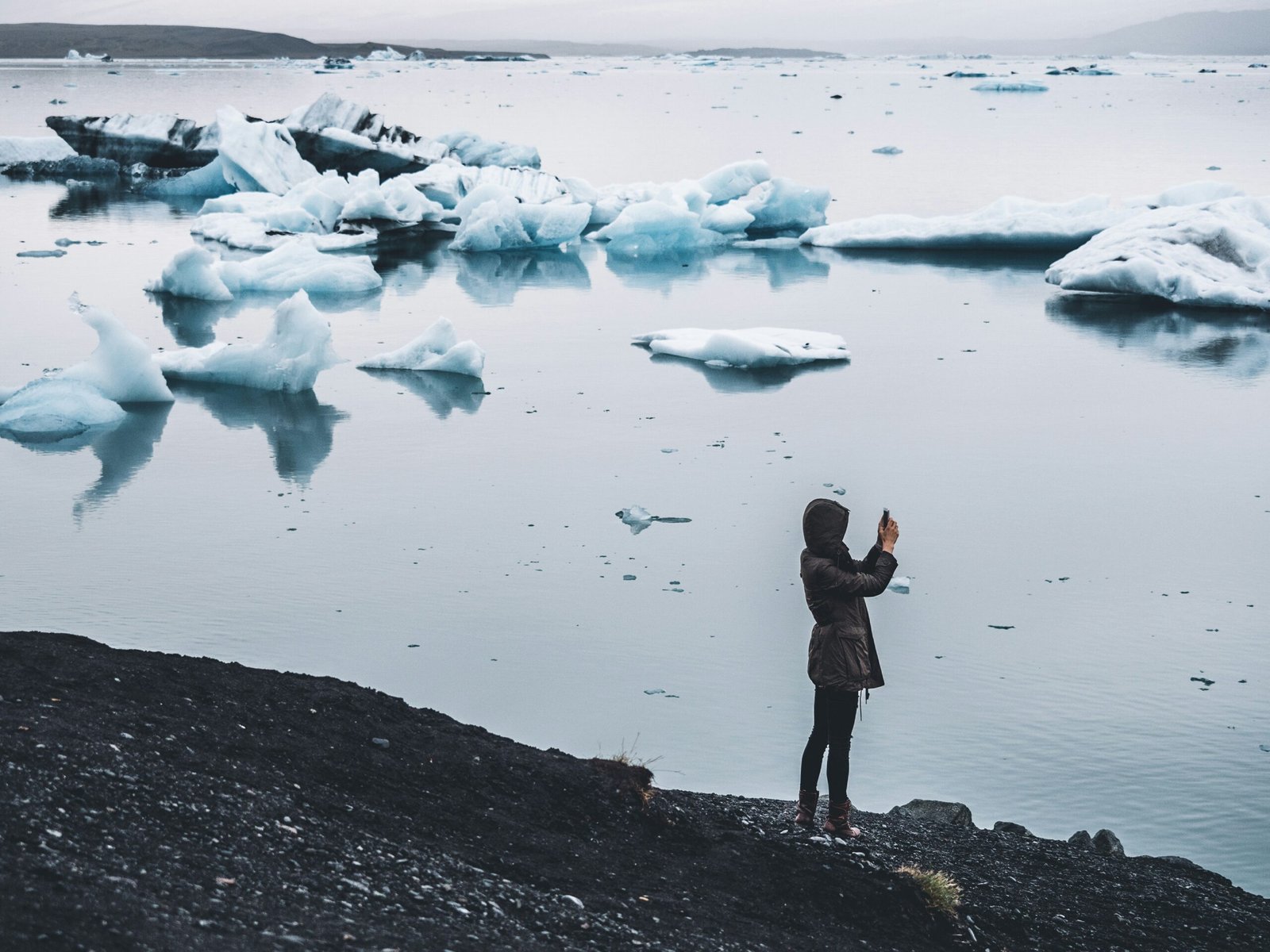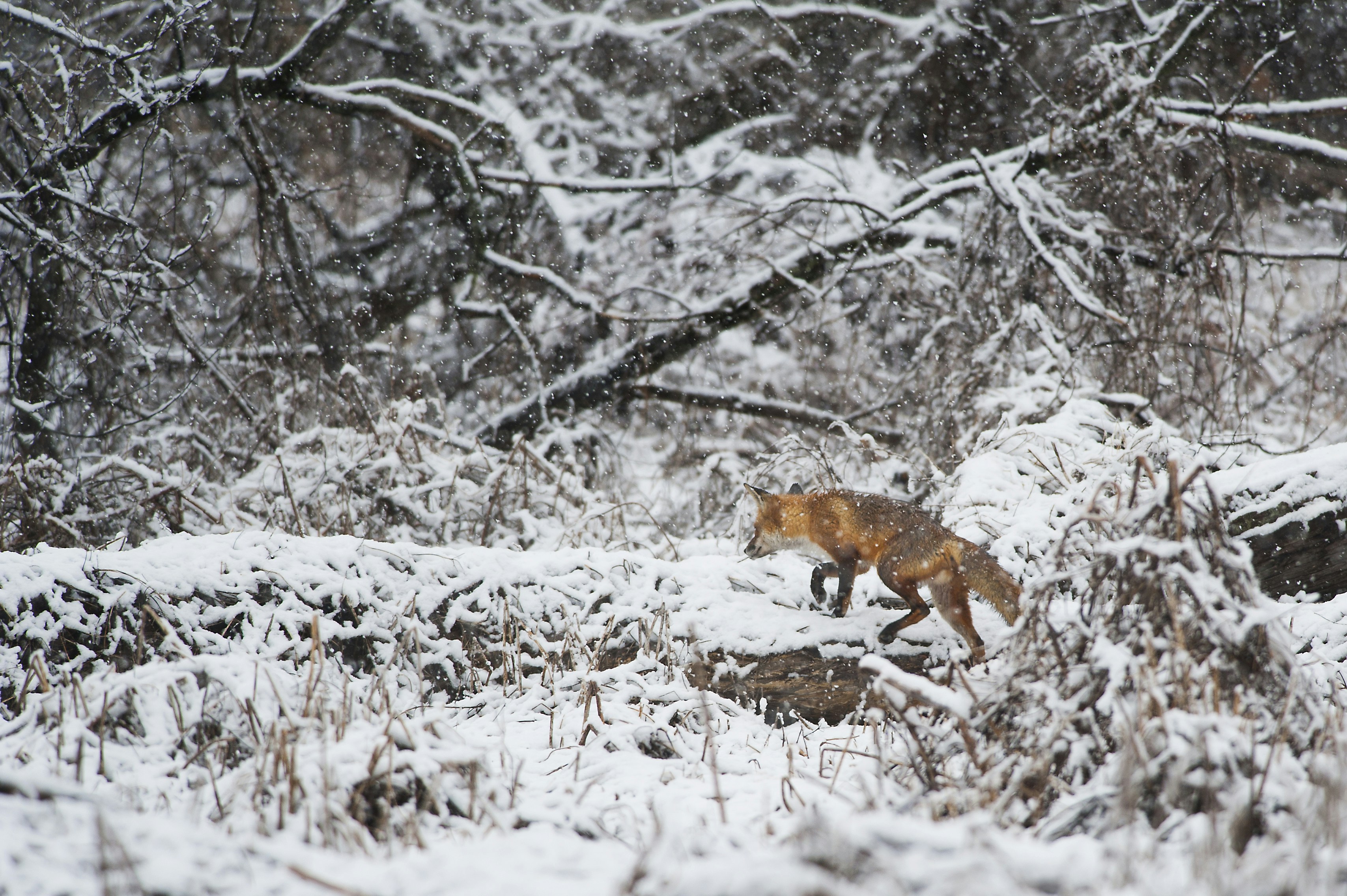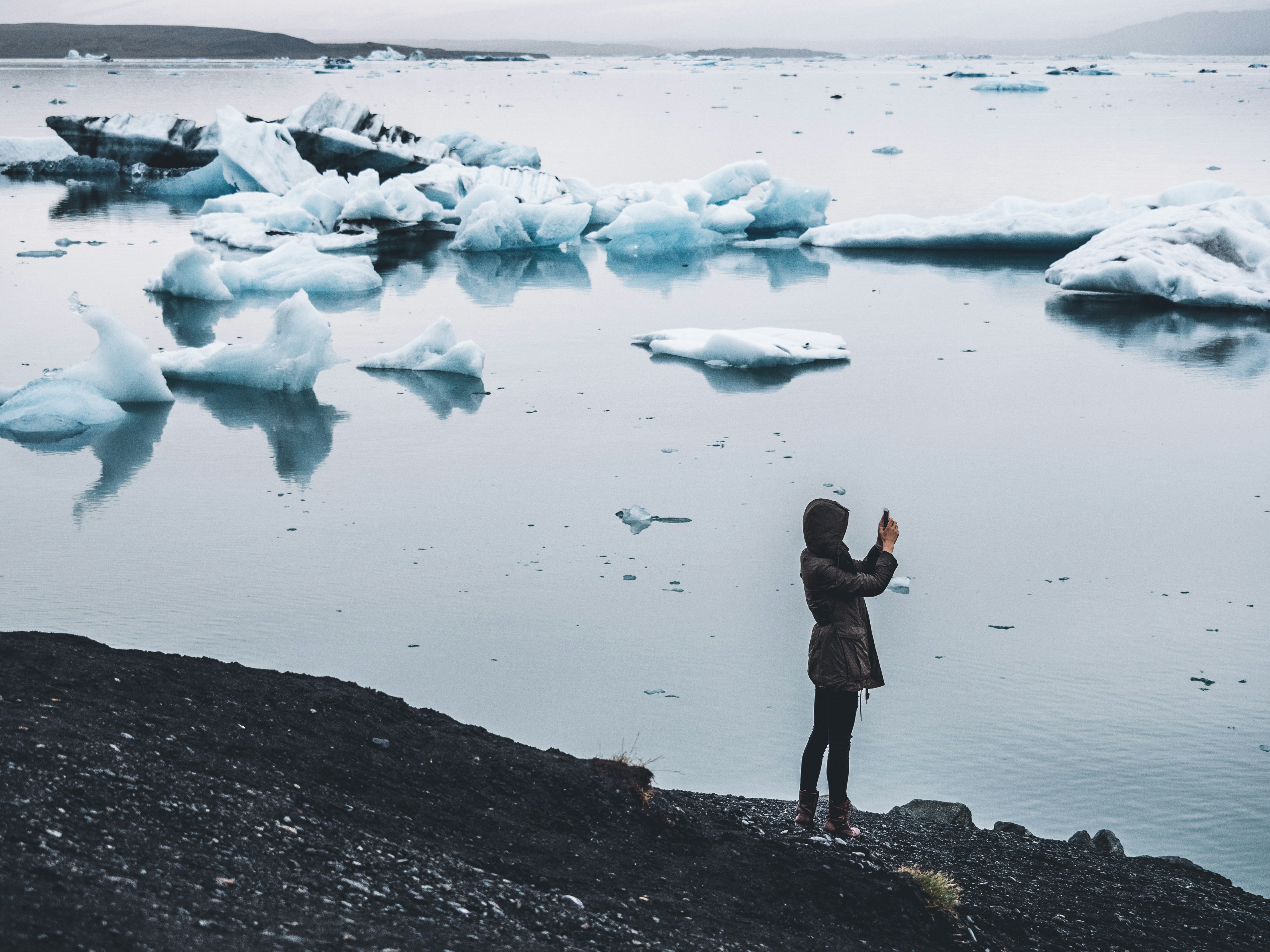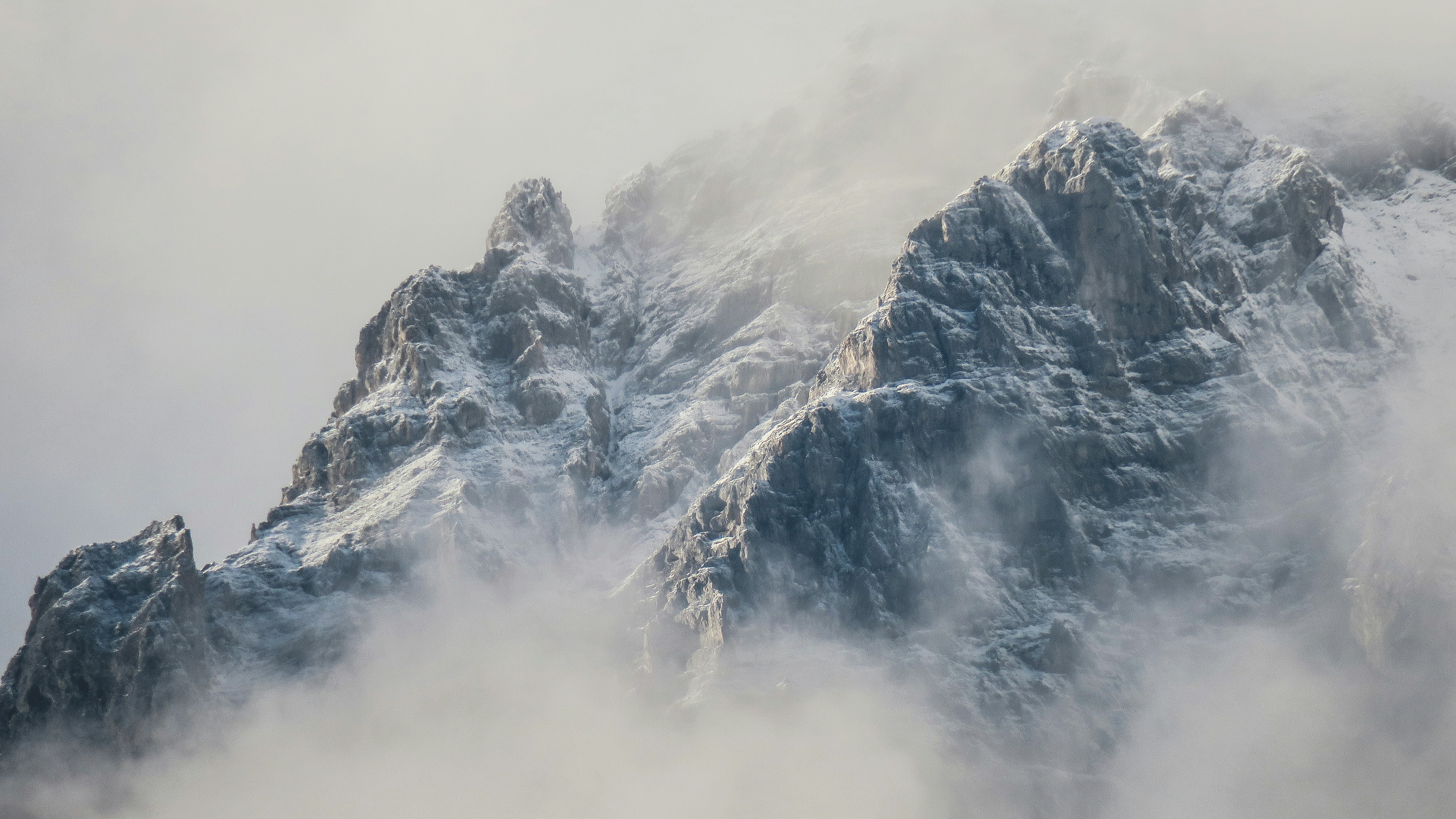Have you found yourself at a standstill in your cold plunge routine, feeling like progress is slipping through your fingers, like sand in an hourglass? You’re not alone. Many people reach a point where the invigorating benefits of cold plunges seem to taper off, leading to frustration and confusion. But fear not; this journey isn’t a lonely one, and there are ways to break through those seemingly unyielding plateaus and rejuvenate your practice.
Understanding Plateaus in Cold Plunge Routines
Plateaus are inevitable in the realm of self-improvement, a natural occurrence in any routine where progress is involved. The body and mind grow accustomed to the familiar, thus reducing the impact of once effective practices. Recognizing and understanding this stagnation is your first step toward overcoming it.
Why Do Plateaus Occur?
The culprit behind plateaus often lies in the adaptation mechanisms of your body. When you first introduced cold plunges to your routine, your body responded vigorously to the new stressor. Over time, however, it learns to manage and minimize the shock of the cold, leading to diminished effects. This biological adaptation underscores the need for variety and change to incite further progress.
The Psychological Aspect
Just as your body becomes numb to temperature changes, so too can your mind become numb to the repetition of the same ritual. The initial excitement and novelty become routine, making each plunge less engaging and invigorating. Addressing the psychological aspects of plateaus can be just as crucial as the physical ones.
Revitalizing Your Cold Plunge Routine
Now that you have a grasp of why plateaus happen, let’s discuss strategies to overcome them. By introducing diversity and strategy, you can reignite the benefits of your cold plunge routine.
Altering Your Environment
Changing the physical context of your plunge can renew your mental and physical engagement. If you’re accustomed to an indoor plunge, consider stepping outside to embrace the elements. The difference in surroundings can make the experience feel fresh and exciting.
Timing and Frequency Modifications
Adjusting your plunge schedule can also help break through a plateau. If you typically plunge in the evening, try starting your day with this invigorating practice. Shifting the frequency, either by increasing or reducing, could also yield surprising benefits.
Incorporating Conscious Breathing
Breathing techniques such as those used in the Wim Hof Method can significantly enhance your cold plunge experience. Conscious breathing can help you manage the stress response, allowing a deeper connection with your body and the cold. This method can reignite the challenge and benefits of each plunge.
Tracking Progress for Motivation
It’s crucial to track your progress to understand how far you’ve come and where you might want to head next. Reflecting on what worked and what didn’t provides invaluable insights into your cold plunge journey.
Journaling Your Experiences
Keeping a detailed journal of your daily experiences, the feelings you encounter, and any changes in your routine can provide insight and motivation. Writing about your experiences can help in pinpointing what precisely is causing the plateau.
Setting Achievable Goals
Goals act as a compass, guiding your actions and intentions. Setting new, attainable goals for your cold plunges, whether it’s duration, temperature, or frequency, can drive renewed interest and effort.
The Role of Accountability
Sharing your journey with a partner or a community can offer a network of support. Engaging with others who are also investing in similar goals can provide encouragement and new ideas on how they surmount their plateaus.
Embracing Mindfulness During Your Plunge
Mindfulness bridges the gap between your body and mind, enhancing the quality of your cold plunge experience. By being fully present, you can better appreciate the transformative benefits.
Meditative Techniques
Incorporating meditation or mindful breathing before or during your plunge can help center your thoughts, allowing you to engage more deeply with each experience. This practice can instill a sense of peace amidst the physical discomfort.
Sensory Awareness
Paying close attention to the sensations when immersed in the cold—the prickling, the numbness, the eventual warmth—can transform an ordinary routine into an extraordinary journey.
Crafting a Ritual
Turning your cold plunge into a ritual can steep each session with meaning, crafting a personal, holistic experience that goes beyond mere physical exercise. It’s about engaging your whole being.
Supplementing Your Routine with Exercise and Diet
Cold plunges don’t function in isolation. They are part of a larger lifestyle that includes diet, exercise, and mental health. Enhancing these areas may also help progress past your plateau.
Complementary Exercises
Regular physical activity complements the benefits of cold plunges. Alternating between high-intensity workouts and plunges can enhance cardiovascular and muscular recovery, keeping progress alive.
Nutritional Considerations
Proper nutrition fuels your body’s ability to respond positively to the stresses of a cold plunge. Maintaining a balanced diet supports recovery and enhances overall endurance and energy levels.
Hydration and Its Impact
Consuming adequate fluids ensures your body’s resilience to cold exposure is optimized. Hydration impacts how your muscles recover and how effectively heat is distributed within the body post-plunge.
Exploring Advanced Techniques
As you advance in your cold plunge practice, consider integrating more complex techniques to continue challenging your body and mind, fostering continuous growth.
Temperature Variation
Introducing a variation in water temperature gradually can sharpen your resilience. Alternating between warmer and cooler temperatures could keep your body continuously adapting.
Prolonged Immersion Challenges
Once you’ve adjusted to regular cold plunges, try extending your time in the water. Longer durations can enhance endurance and mental toughness, facilitating further growth.
Incorporating Movement
Integrating gentle movements during your plunge, such as slow stretches or light exercises, can activate different muscle groups and keep your body from settling into complacency.
Recognizing and Avoiding Burnout
Pushing beyond plateaus involves knowing where to draw the line. There’s a fine distinction between positive stress and destructive burnout, each demanding different responses.
Identifying Signs of Burnout
Understanding symptoms such as persistent fatigue, lack of motivation, or declining performance can help you determine if you’ve crossed into burnout. Awareness is key to preemptively adjust your routine.
Building Rest and Recovery
Incorporating rest days and recovery practices, such as yoga or meditation, can help your body recuperate and prepare for renewed effort in cold plunging. Recovery is as much a part of progress as persistence.
Listening to Your Body
Your body sends signals loud and clear—learning to listen to them may be one of the most powerful tools on your journey. If a certain routine feels excessive, consider it a cue to recalibrate.
Conclusion: Growth Lies Beyond the Plateau
Embarking on a cold plunge journey is much more than a routine; it’s a relationship between you, your body, and nature. The plateaus, while challenging, are an invitation for evolution. Embrace them as opportunities to innovate and explore new facets of your routine.
Achieving progress in cold plunging requires flexibility, creativity, and persistence. By exploring new techniques, reinforcing your mindset, and paying close attention to your body’s signals, you can transcend the plateau and continue enjoying the myriad benefits of this practice.
The journey, after all, is not about the destination—it’s about becoming more in tune with yourself, shall it be within the embrace of icy waters or the warmth of progress.





